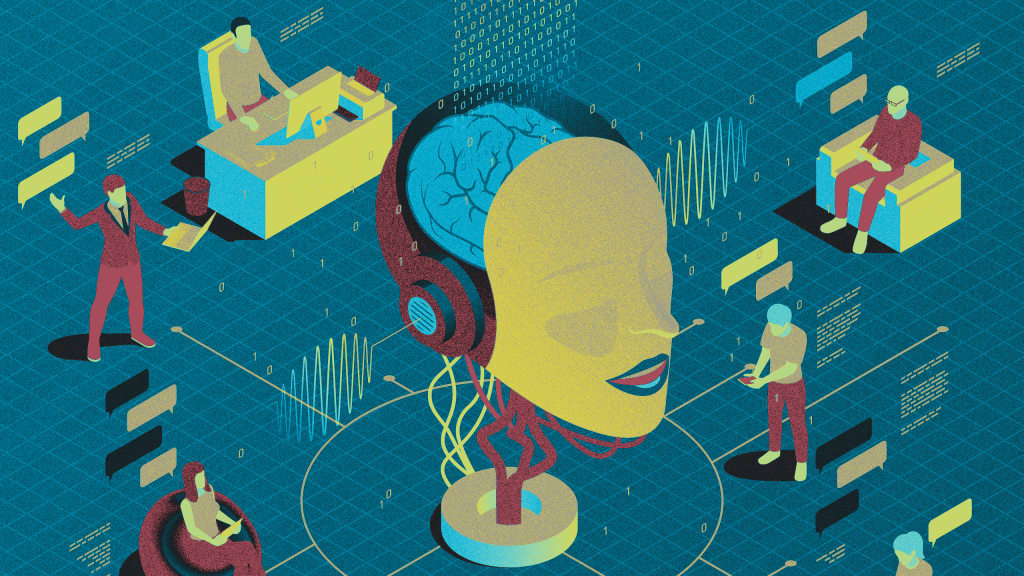
"It’s crucial that organizations focus on building not just the technology, but also the confidence workers need to effectively use AI in their roles."
"Technological self-efficacy is key. People may avoid new technology not because they oppose it, but because they don’t believe in their ability to use it."
The article discusses the essential role of technological self-efficacy in the adoption of AI within organizations. Despite significant investment in AI technology, many workers feel unconfident in their ability to use these tools, leading to minimal or no engagement. This sentiment is rooted in Albert Bandura's self-efficacy theory, suggesting that belief in one's capabilities influences behavior more than skill alone. Organizations must not only develop robust AI tools but also foster confidence among employees to effectively utilize them, paralleling the lesson from "The Little Engine That Could."
Read at Fast Company
Unable to calculate read time
Collection
[
|
...
]